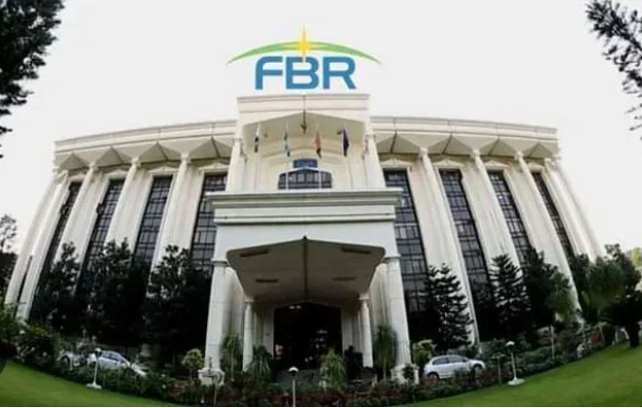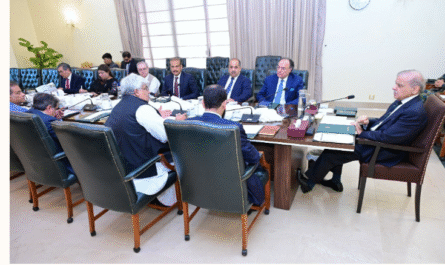In a significant move aimed at reinforcing its institutional leadership, Pakistan’s Federal Board of Revenue (FBR) has formally approved the promotion of two senior officers from Grade BS‑21 to the apex civil service rank of BS‑22. This decision, announced via official notifications endorsed by Prime Minister Shehbaz Sharif on July 18–19, 2025, underscores the government’s ongoing efforts to reward merit and enhance administrative efficiency at the nation’s primary revenue authority
The promotion list includes a total of seven officers—two from the Customs cadre and five from the Inland Revenue Service. Among them:
- Dr Hamid Ateeq Sarwar – elevated to Member (Inland Revenue – Operations), recognized for his strategic leadership in revenue collection and enforcement.
- Wajid Ali – now Member (Customs Policy), celebrated for his work on customs modernization and compliance frameworks.
Also promoted are Saadia Sadaf Gilani, Rabab Sikandar, Muhammad Iqbal, Tehmina Aamir, and Shahid Iqbal Baloch—each bringing rich experience in their respective fields, from tax reforms to anti‑smuggling operations. FBR Strengthens Leadership with Promotions of Two Senior Officers to BS‑22
💼 Why It Matters: Institutional Impact
This promotion round sends a strong message: the FBR is prioritizing merit-based advancement and reinforcing its leadership ranks amid a dynamic economic environment. Elevating officers like Dr Sarwar and Mr Ali to BS‑22 isn’t merely ceremonial—it bolsters critical functions:
- Policy continuity: With seasoned officers steering customs and revenue operations, the FBR ensures smoother policy implementation during pivotal fiscal periods.
- Reform momentum: As Pakistan rolls out tax modernization and anti-evasion measures, leaders with deep domain knowledge are essential for driving change.
- Organizational morale: Visible recognition of performance boosts morale across field offices, signaling that excellence leads to upward mobility.
Context: From Legal Hurdles to Catch-Up
These promotions arrive against a backdrop of legal uncertainty. Earlier this year, the Islamabad High Court (IHC) had imposed a stay on FBR promotions to BS‑22, following a petition by Brigadier (R) Shah Bano Ghaznavi—who challenged her exclusion . However, the court eventually lifted the hold in mid-March, enabling the High Powered Selection Board to proceed.
In this context, the recent promotions represent not just an administrative step but a clear affirmation of policy continuity and organizational resilience. After a prolonged freeze, letting these senior officers assume BS‑22 roles is vital for oversight and strategic direction.
Looking Ahead: What’s Next for the FBR?
With these key leadership roles now occupied, the FBR is expected to pivot toward several priority areas:
- Strengthening Compliance – Under new Customs leadership, modernization efforts and enforcement frameworks are likely to accelerate.
- Tax Reforms – Inland Revenue leadership transitions aim to deepen corporate tax reforms and improve taxpayer outreach.
- Capacity Building – With Muhammad Iqbal heading HR/Admin at FBR HQ, renewed emphasis on training and talent retention is anticipated.
- Accountability & Transparency – Succession of merit-based promotions after legal challenges may pressure the FBR to enhance transparency in future selections.
Conclusion: A Step Toward Institutional Maturity
The promotions of Dr Hamid Ateeq Sarwar and Wajid Ali—as well as their six peers—mark a pivotal moment for the FBR. Coming after legal delays, these appointments not only fill leadership gaps but also support the broader goals of revenue enhancement, governance, and institutional credibility.
As Pakistan strives to boost revenue in a complex fiscal environment, the impact of these promotions will be closely watched. If leveraged effectively, this refreshed leadership bench can empower the FBR to evolve into a more effective, reform‑oriented organization that lives up to its mandate of tax justice and economic stewardship.



